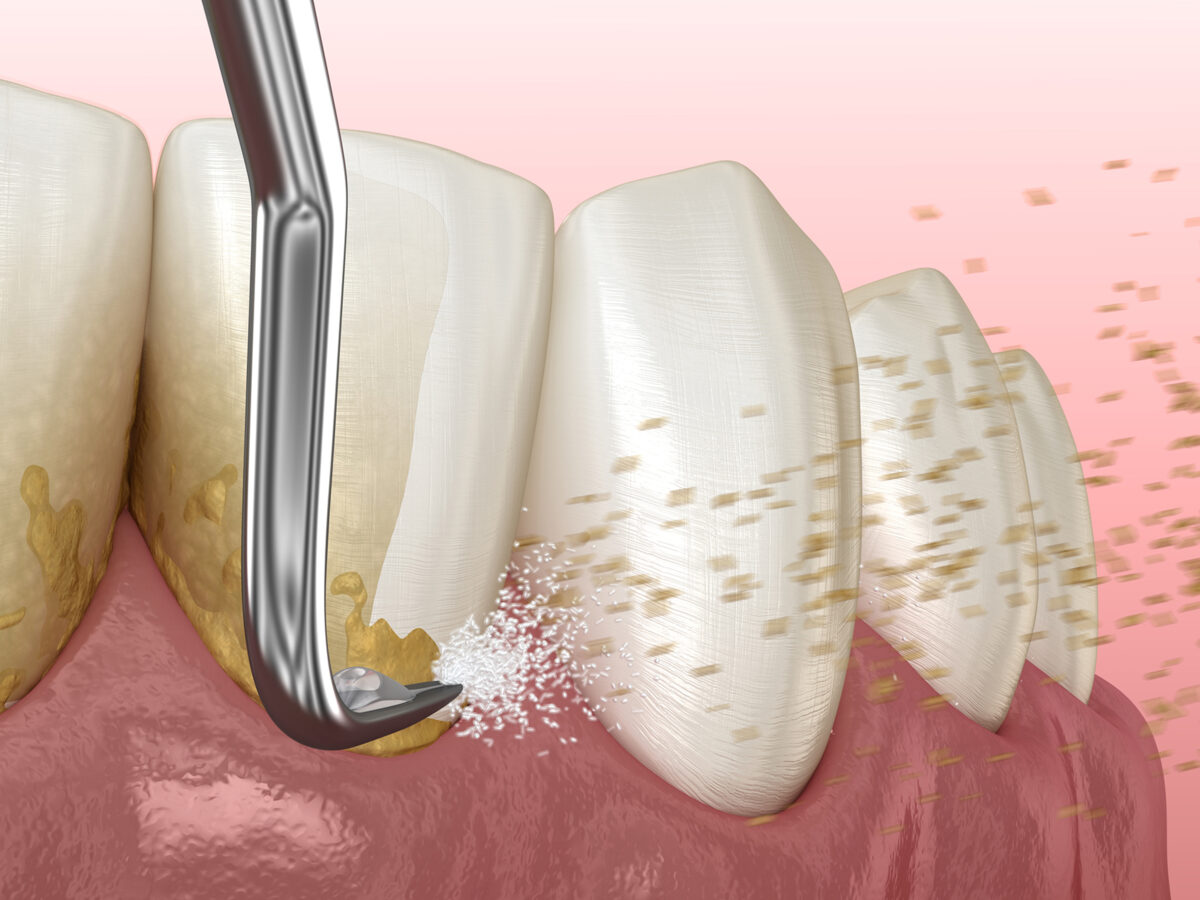Blog
Dental hygiene tips for healthy teeth & gums

Can Scaling And Root Planing Help In Treating Receding Gums?
Your dentist might suggest that you get your teeth scaled. The process also includes root planning for deep dental care. In common terms, it is known as deep cleaning.
Teeth scaling and root planning help to treat gum diseases and infections. The process requires more in-depth cleaning than regular teeth cleaning. Teeth scaling and root planing frequently take more than one dental visit and could require anesthesia according to your dental condition or if you have receding gums.
When do you want teeth scaling?
The dentist will suggest teeth scaling and root planing if you have severe gum disease or infection. These processes are used for proper oral hygiene and to avoid any harmful issues that can occur in the future.
Receding gums happens when the germs in plaque pull your gums away from your teeth, making enormous pockets between your teeth and gums, and more germs can develop where properly cleaning your teeth can not occur at home.
That is why floss is necessary daily as it reaches problematic areas. Some other issues can be caused if precautions are not taken.
- Loss of bone and tissues
- Tooth decaying
- Loosen teeth
- Weaken teeth enamel
What is the process of teeth scaling?
Teeth scaling and root planing is a short-term process performed by the dentist. Consultation with the dentist is an essential step as it helps to understand the condition of your teeth.
Your dentist will initially start teeth scaling, and it begins with removing plaque from the teeth using the scratching technique and removing it from the pockets or areas developed between the teeth.
Then, do the root planning in which, with the help of the scaling tool, a smoothing process starts, which smoothens the gums and helps them reattach to the gums.
What are the advantages of this process?
Decreasing the pockets between your teeth and gums through teeth scaling and root planing will remove all the infections or diseases caused by the plaque in the gums and teeth. The advantages are:
- It helps to get rid of bleeding gums
- Remove bad breath
- Cure red and inflamed gums
- Changes the biting intensity
- Strengthen the teeth and gums
- Heal swollen gums
What are the cons of Teeth Scaling?
The dangers of teeth scaling are negligible. You may have an infection; in that case, your dentist may recommend an anti-infection or a special mouthwash for a couple of days or weeks.
It is essential to contact your dentist if you experience any of the following symptoms:
- Unbearable pain
- The area doesn’t heal properly
- High fever
- Bleeding from gums
- Swelling in the affected area
You may experience sensitivity or slight discomfort after the procedure, and there are chances you can have tender gums.
What are the after-effects of teeth scaling?
In some cases scaling teeth requires more than one visit. In that case, the dentist recommends a follow-up appointment to check the procedure worked well and that you haven’t developed any complications. After scaling and root planing, you can start brushing your teeth twice daily and flossing.
Lastly, Teeth scaling and root planing are normal techniques to treat gums and teeth sickness. Your dentist can provide you with the best advice that helps you to get relief, and this is the best option the dentist recommends, offering overall oral hygiene.
To avoid the issue of receding gums, taking precautions prior can help avoid any harmful situation. However, these teeth scaling and root planing techniques offer deep and thorough cleaning of the mouth, which is usually recommended by the dentist, promoting overall mouth care.
